Owing to a BU Fusion Investment Fund, I was able to create and consolidate research collaborations with researchers in a number of top research institutions in China over the past two years. The main objectives of the project were to extend my existing collaboration with the Institute of Psychology, Chinese Academy of Sciences, and to create new research ties with Peking University and Tsinghua University. These objectives were materialised through several planned visits to the institutions during the summer periods between July 2014 and July 2016. I am grateful to my co-investigators, Drs. Angela Golsing, and Xun He, for assisting the implementation of the plans. Together, we were able to accomplish more than our original plans by creating additional ties with Renmin University and Shanghai Maritime University. In total, we have created refereed journal articles, conference presentations, and grants during the two-year grant period. Our continuous on-going activities and future plans promise sustainability and long-term impact of the project. The following are some highlights of the project.
Collaboration with Chinese Academy of Sciences (CAS)
The purpose of my annual visits to CAS was to consolidate and extend an existing collaboration established in 2006. CAS is the largest and highly influential research institute in China. It has a strong focus on research and recruited only postgraduates until quite recently. I began collaboration with a then early career researcher, Dr. Wenfeng Chen, about 10 years ago. He worked with me in Hull as a postdoctoral research fellow supported by the Royal Society, and later by CAS in 2008. He has since been promoted to an associate professor in a few years time. Together we secured several grants for my returning visits to CAS. We have collaborated on many papers over the past years and have recently edited a special issue for Frontiers in Psychology during the period of the FIF project. Many of our papers involved postgraduate students in his lab. Some students have now become lecturers at various institutions. I extended my network with some of them. For example, I became a co-investigator in a grant with a former PhD student, Dr. Junchen Shang, who is now at Changchun University. Through requests for my involvements in their new projects, my collaboration through CAS has grown substantially.
Collaboration with Tsinghua University and Peking University
These are widely recognised as the top two universities in China. Like CAS, both universities regularly receive a large number of requests for collaboration from different parts of world. It is therefore highly competitive to build a new research tie with them. I was lucky to have known Prof. Jie Sui at Tsinghua when she was still a PhD student. After completing her PhD degree at Peking University, she worked as my postdoctoral fellow for three years, supported by Marie-Curie and Royal Society fellowships. A few years later, she became highly successful and was appointed at Tsinghua University as a professor specialised in social neuroscience. This has made the new collaboration between BU and Tsinghua possible. Because of the world-class research and outstanding research facilities for fMRI and EEG at Tsinghua, there are clear benefits for the BU team to develop a close collaborative relationship with their research group. Through the FIF support, we have developed co-supervision for her postgraduate students.
To establish a research tie with Peking University, Xun and I visited Prof Shihui Han, an internationally renowned leader in social neuroscience. During Prof. Han’s research fellowship to Oxford University this year, we invited him to BU to present a seminar. Prof Han has proposed the idea for conducting social neuroscience experiments during the summer months at his lab.
Collaboration with Renmin University and Shanghai Maritime University
Apart from the proposed collaborations, I also explored similar networking opportunities with other universities in China. As a result, I have started co-supervising postgraduate students with Prof Ping Hu at Renmin University. Some of her students attempted to pursue a PhD at BU. I have also created tie with Shanghai Maritime University and have since become a co-investigator on Dr Miao Song’s recent grant.
I am pleased to see that quite a few other members of staff in Psychology are now successful in establishing their research collaboration with China. I hope these successes will create a lasting impact on BU’s development, internationalisation, and fusion.

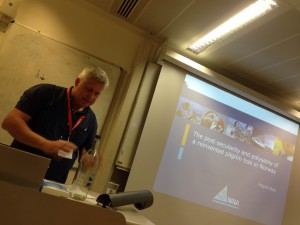
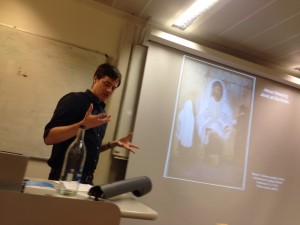
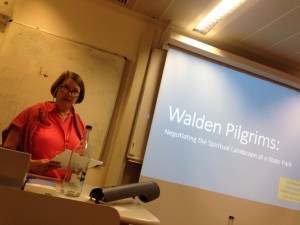
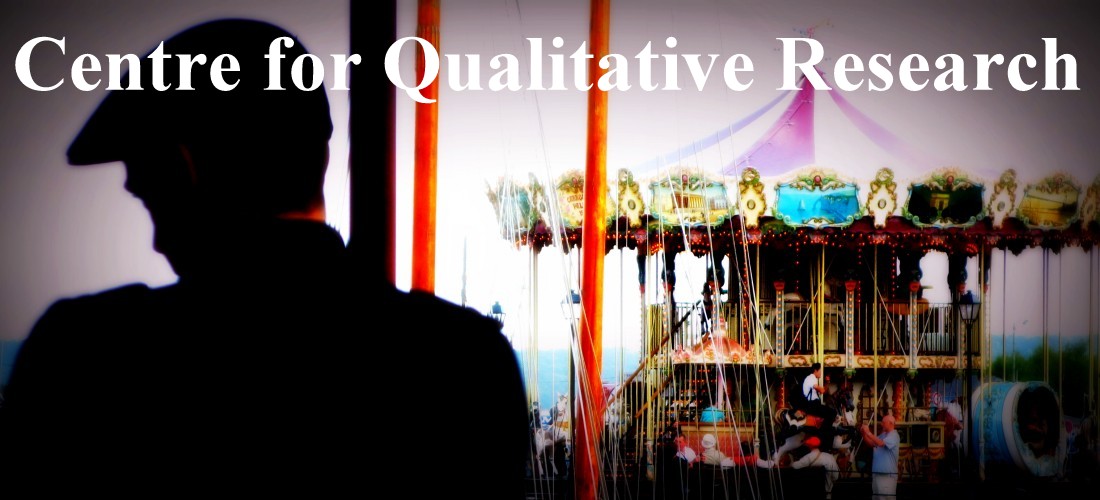 The Centre for Qualitative Research is kicking off its new seminar series on
The Centre for Qualitative Research is kicking off its new seminar series on 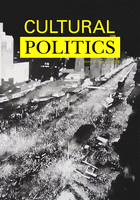

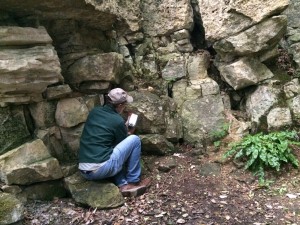
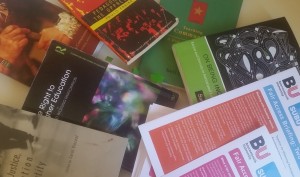
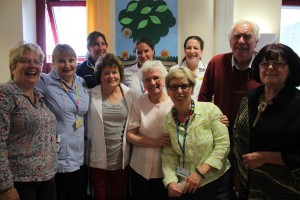 BU researchers
BU researchers 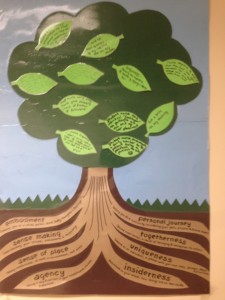 ice, Brighton University) the research team explored experiences of both stroke service users and providers in relation to a conceptual framework of humanising care. This framework, described in a seminal paper by Todres et al (2009) describes eight interacting dimensions that help capture the depth and breadth of being treated as human within complex, busy healthcare systems. The work is part of a larger study led by Professor Kate Galvin. A second site in Yorkshire worked with service users and NHS providers in a Dermatology out-patient department in order to look at the transferable aspects of humanisation theory and learning.
ice, Brighton University) the research team explored experiences of both stroke service users and providers in relation to a conceptual framework of humanising care. This framework, described in a seminal paper by Todres et al (2009) describes eight interacting dimensions that help capture the depth and breadth of being treated as human within complex, busy healthcare systems. The work is part of a larger study led by Professor Kate Galvin. A second site in Yorkshire worked with service users and NHS providers in a Dermatology out-patient department in order to look at the transferable aspects of humanisation theory and learning.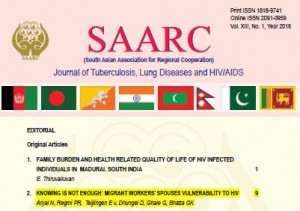
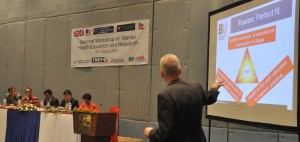
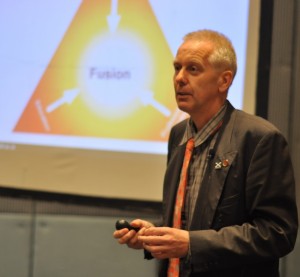

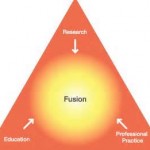
 Congratulations to Dr. Pramod Regmi as the lead author of the paper ‘
Congratulations to Dr. Pramod Regmi as the lead author of the paper ‘
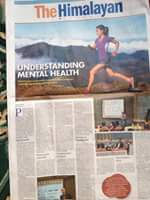
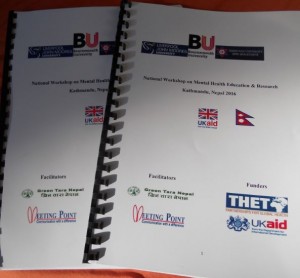
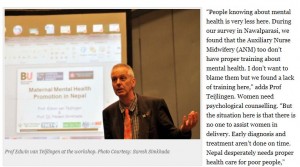
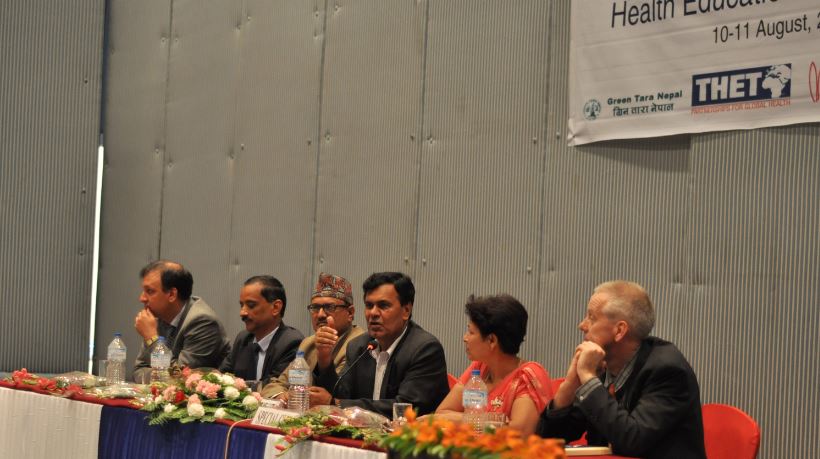

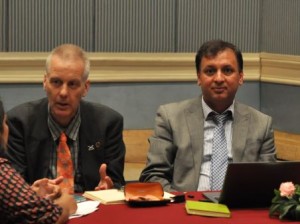
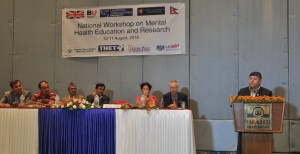
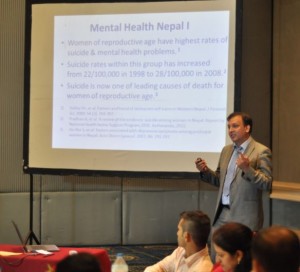
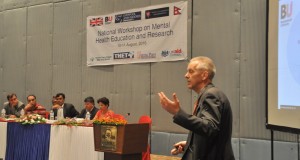











 Beyond Academia: Exploring Career Options for Early Career Researchers – Online Workshop
Beyond Academia: Exploring Career Options for Early Career Researchers – Online Workshop UKCGE Recognised Research Supervision Programme: Deadline Approaching
UKCGE Recognised Research Supervision Programme: Deadline Approaching SPROUT: From Sustainable Research to Sustainable Research Lives
SPROUT: From Sustainable Research to Sustainable Research Lives BRIAN upgrade and new look
BRIAN upgrade and new look Seeing the fruits of your labour in Bangladesh
Seeing the fruits of your labour in Bangladesh ECR Funding Open Call: Research Culture & Community Grant – Apply now
ECR Funding Open Call: Research Culture & Community Grant – Apply now ECR Funding Open Call: Research Culture & Community Grant – Application Deadline Friday 12 December
ECR Funding Open Call: Research Culture & Community Grant – Application Deadline Friday 12 December MSCA Postdoctoral Fellowships 2025 Call
MSCA Postdoctoral Fellowships 2025 Call ERC Advanced Grant 2025 Webinar
ERC Advanced Grant 2025 Webinar Update on UKRO services
Update on UKRO services European research project exploring use of ‘virtual twins’ to better manage metabolic associated fatty liver disease
European research project exploring use of ‘virtual twins’ to better manage metabolic associated fatty liver disease